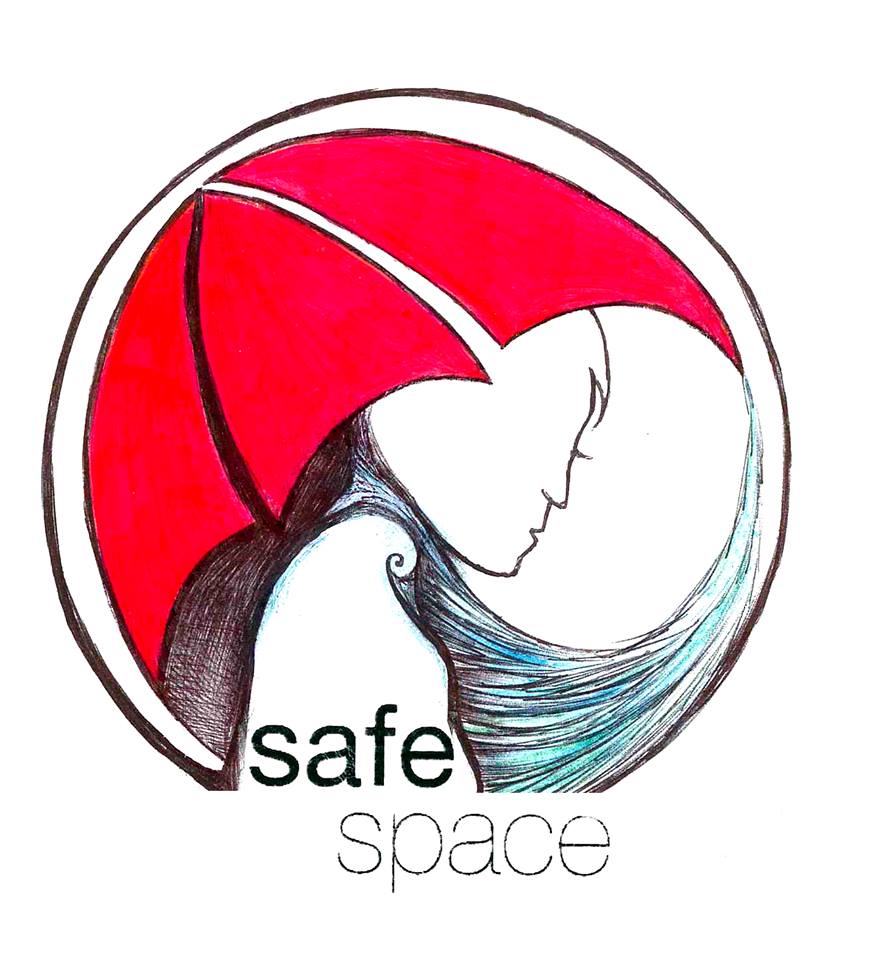SafeSpace London is expressing concern and frustration over the London police decision to begin naming johns.

The announcement was made at Thursday’s police services board meeting, where Chief John Pare said that the names of those charged will be made public whenever possible.
In an open letter issued Friday, SafeSpace called out police for failing to invite them to the table, saying “it is no wonder why nobody in our SafeSpace community trusts cops” and adding that police could have at the very least provided notice “so we could address the safety concerns this decision generates.”
The group also called out Megan Walker with the London Abused Women’s Centre, saying “what a shame” that she could applaud “such a harmful practice against sex workers.”
Speaking on the Craig Needles Show Friday morning, Walker expressed support for the decision from police, saying it will help drive down demand and is consistent with the protocol for other crimes.
“For the sake of public safety, amongst other things, we need to make sure we know who these people are,” she said.
“They’re teachers, they’re doctors. I think we have a right to know as a society, just like we have a right to know in other crimes what people are doing.”
However, Julie Bauman of SafeSpace says fewer clients doesn’t mean less demand or fewer sex workers but rather longer working hours in riskier, more isolated locations.

Get daily National news
“When things are further underground, it’s harder to vet clients, it’s harder to work to create any sort of safety around the working conditions. We know that sex work is going to continue, it’s a different thing than human trafficking. The line between sex work and human trafficking is consent.”
However, Walker argues that consent is not always clear, pointing to incidents of domestic violence as an example.
“When we see women abused by their partners, women will say ‘well, I choose to stay’ and we know there’s a lot of reasons that go into that, and she’s not really choosing to stay to be abused, she oftentimes has no choice,” Walker explained.
“The decision is made to stay because she feels unsafe, or she feels she doesn’t have the financial resources. We have to stop looking at the small percentage of the people and saying ‘you legitimately choose,’ based on 97 per cent of those in prostitution and trafficking who say ‘it is no choice.”
WATCH: Standing Committee on Justice and Human Rights lays out recommendations to curb human trafficking

The letter from SafeSpace says the current line of reasoning ignores “the structural conditions that results in sex work as the best solution,” including lack of affordable housing, discrimination, racism, poverty, waitlists for substance abuse treatment and other factors.
Bauman also argued that sex workers and clients are often the first to realize something’s not right and that a person is potentially being trafficked, but with current laws, a client cannot report it without the risk of being criminalized.
“Megan doesn’t believe women have the agency to choose or refuse sex work for themselves,” she said.
“She continuously ignores sex workers Canada-wide calling out for action and what sex workers believe would make for safer working conditions. Sex workers in Canada say that full decriminalization of sex work is how we could make working conditions safer.”
Walker says the law is based on what’s best for the community at large.
“The law recognizes that prostitution is inherently violent, and is inconsistent with women’s equal and human rights because what it does is it normalizes the commodification of women and girls.”
In SafeSpace’s open letter, the group argues that if London police are “sincere in wanting to utilize all the tools available to them to identify and respond to sex trafficking in our community, they would speak with members of SafeSpace London — the only peer-driven, sex worker organization in our city.”











Comments